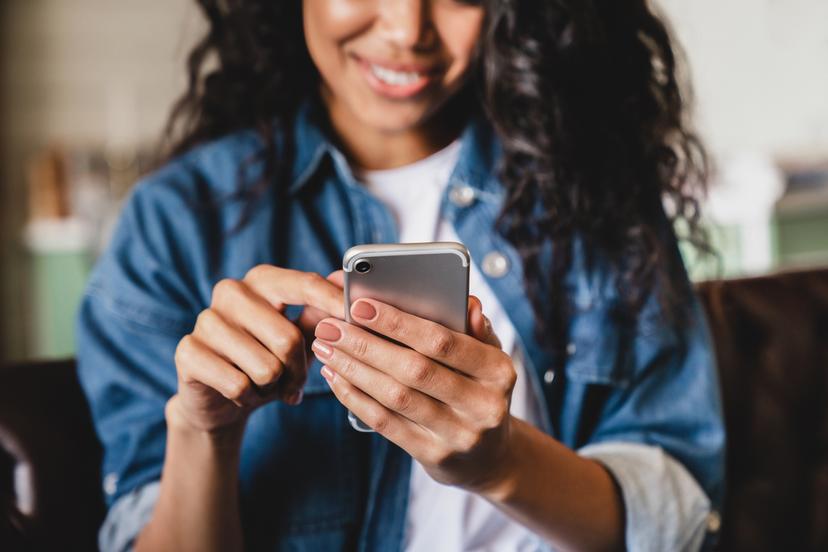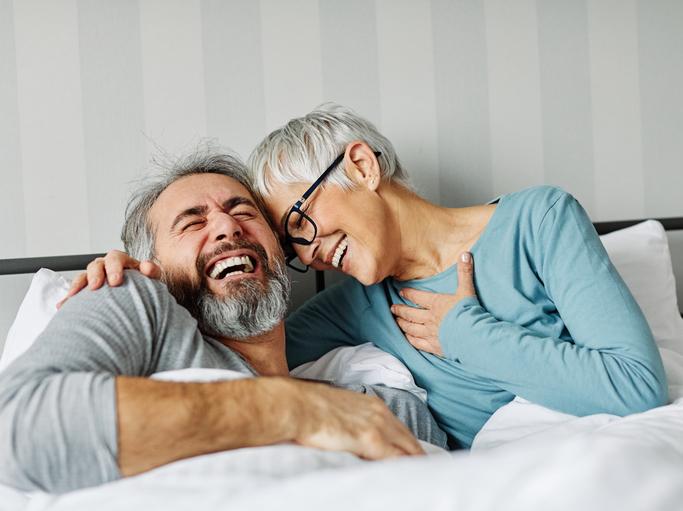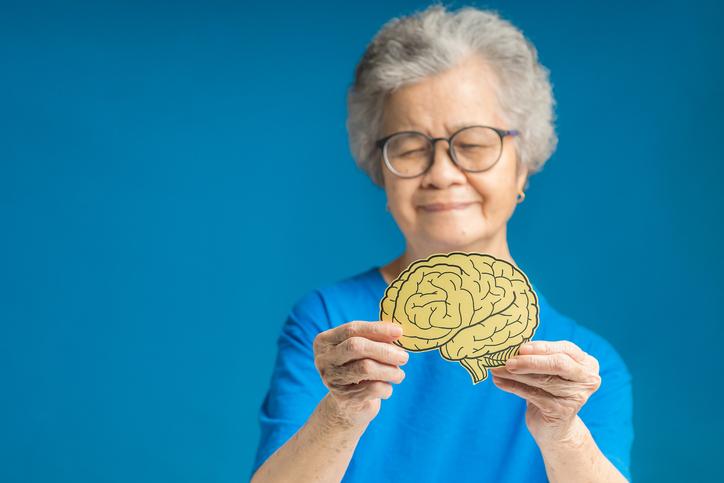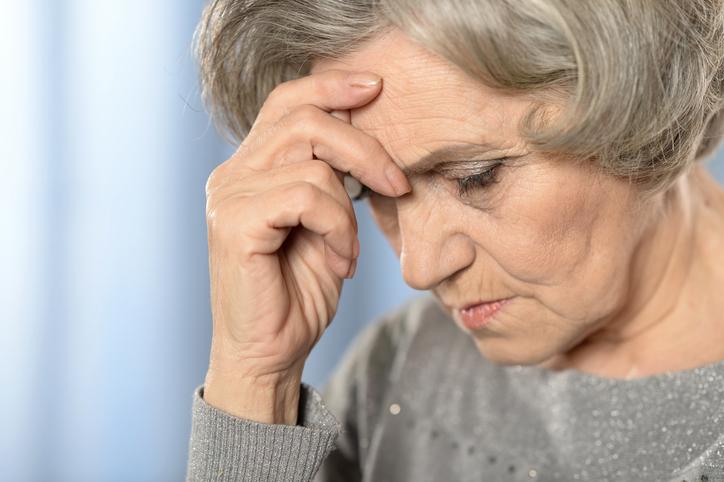3 марта 2022
Don’t Panic: How to Deal With Panic Attacks


3 марта 2022
Don’t Panic: How to Deal With Panic Attacks
## Panic or illness?
Panic attacks are felt in different ways and are often accompanied by symptoms that can easily be confused with the signs of a heart attack, stroke, asthma attack, and a number of other diseases, especially when it happens to a person for the first time. The most typical are:
- Rapid heartbeat
- Cold sweat
- Tremors of the arms and legs
- Inability to breathe fully
- Loss of coordination
- Dizziness
- "Fickers" in the eyes
- Ringing in the ears
If this happens to you, call an ambulance so that you can seek medical help to figure out what is going on.
## What is the cause?
Typically, before a panic attack develops, ===a person faces a trigger that triggers a mental reaction. Everyone has something different: a difficult conversation with management, a meeting with an unpleasant person, or being in a situation that awakens memories of danger or even risk to life. One way or another, a panic attack is triggered by the subconscious mind in response to an external stimulus. For example, if you were bitten by a dog as a child, the loud barking behind you may provoke a panic attack, even if the dog is tethered or at a considerable distance. However, if you're in a comfortable environment and in a good mood, the attack may not happen.
Some of the most common triggers of a panic attack include:
- Death of a loved one
- Divorce
- Loss of a job
- Emigration
- Recreating a traumatic situation from the past
- Long period of loneliness or isolation
- Acute stress
In short, a panic attack is caused by an irrational feeling of "I am alone, no one needs me, and no one will protect me.”
## How can you cope?
Realizing that it is a panic attack is the first step to beating it. In order to recover, breathe deeply, if possible sit or lie down, and relax your muscles as much as possible. You can even repeat to yourself any calming phrase such as “I have a panic attack, it will pass, my life is not in danger.” Panic attacks do not last forever or lead to serious physiological problems. However, the sensation in the process can be frightening, up to and including thinking, "I'm dying.”
If a panic attack happens to someone else while you are around them, it is important to provide physical contact. This can include holding hands, hugging, and stroking. Verbally voice any positive information such as “I love you, you are not alone, it will get easier now, talk to me, I am next to you, I am not going anywhere.” Try to get the person to inhale then slowly exhale, which can help the panic attack pass. Breathe together as any interaction in case of a panic attack accelerates its end.
## Is it treatable?
If a panic attack happens for the first time, it is worth consulting a cardiologist, endocrinologist, and neurologist as panic attacks sometimes have purely physiological causes. After finding that the body is working as it should, you may need to consult a psychologist for further insight into the cause of the attacks. Either way, do not delay seeking treatment. It is very possible to get rid of them, and leaving them untreated can cause them to be more frequent.













